Arthritis Nutritional Guide
Arthritis is a condition that plagues a lot of people around the world. It’s essentially chronic pain and stiffness of the joints that is largely caused by inflammation. Foods high in sugar and fat can spur inflammation, but healthy foods with anti-inflammatory effects can help fight it. Part of how to fix this problem is to eat foods containing nutrients that help fight inflammation. We’ve included a list below.
Proteins
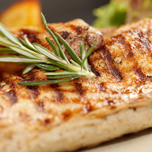
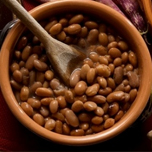

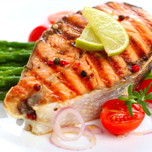
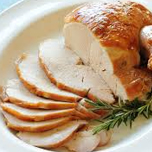
Chicken
Choose boneless, skinless chicken breast for a lean protein that is very versatile and improves serotonin levels. Avoid fried chicken as this will lower serotonin levels. You can also try ground chicken breast and substitute that for ground pork or beef.
Beans
These are full of fiber as well as folic acid, magnesium, iron, zinc and potassium.
Egg Whites
This food is high in protein coming in at 4 grams per egg white. Since it is low in calories and contains no fat, egg whites make an excellent snack or meal that can keep you satisfied.
Fish
These include salmon, tuna, mackerel and herring. Fish contain omega-3 fatty acids, which help fight inflammation.
Turkey
Choose white meat over dark for a good source of lean protein. Stay away from ground turkey other than ground turkey breast. Other ground turkey may also include skin and other undesirable parts
Fruits and Vegetables
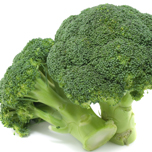
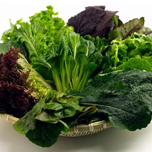
Broccoli
Broccoli is rich in calcium, promoting strong bones. It also contains sulforaphane, which helps prevent osteoarthritis.
Beets
Full of antioxidants, beets can help against inflammation.
Cherries
Cherries contain anthocyanins that have an anti-inflammatory effect. Anthocyanins can also be found in strawberries, raspberries, blueberries and blackberries.
Dark Leafy Greens
Spinach, Kale, chad, collard greens etc… These contain a lot of Vitamin C, which help against inflammation.
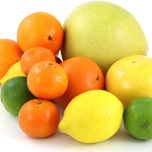
Citrus Fruits
Some examples include orange and grapefruit. These are high in Vitamin C. These fruits aid joint health and help with inflammation.
Garlic
Helps prevent osteoarthritis. Can help battle arthritis
Grains and Seeds
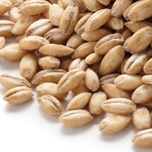
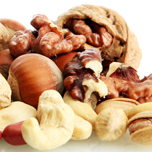
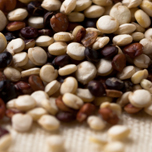
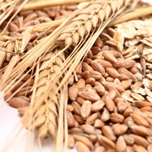
Barley
This grain helps reduce levels of “bad” cholesterol.
Quinoa
This seed is full of amino acids, protein, magnesium and iron and also low in sodium. This versatile seed can be added to soups, salads or even desserts!
Whole Wheat
Processed wheat such as white bread don’t have the same nutrients that whole wheat do. Replace any processed wheat with whole wheat, kamut or spelt which have similar proprieties but haven’t been genetically modified.
Nuts and Seeds
Be sure to pick raw nuts, as salted or sweetened nuts can be packed with sodium and sugar. Nuts are rich in protein, calcium, magnesium, zinc, Vitamin E and immune-boosting alpha linolenic acid.
Brown Rice
Wild and brown rice is gluten-free and full of magnesium.
Healthy Fats
Amaranth
This grain is gluten free and contains a ton of magnesium.
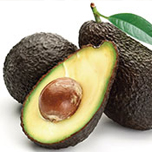
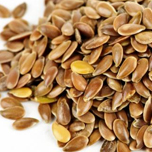
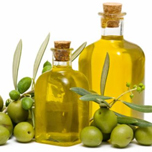
Avocado
Full of monounsaturated fats,or “healthy fats” the avocado has the ability to lower blood cholesterol. *Those taking blood thinners should check with their doctor before eating this fruit as it may conflict with medications.
Flax
This seed contains 70% omega-3 fatty acids. Be sure not to heat or cook flax as it loses most of its nutritional value when prepared in this manner. Instead, try adding it (ground, not whole) to already cooked oatmeal or in a smoothie.
Olive Oil
Rich in healthy fats, olive oil also aids in reducing LDL cholesterol and raising HDL “good” cholesterol. Be sure to consume in moderation. When purchasing this oil look for extra virgin and cold pressed kind.
©2021 Phytotherapi. All rights reserved.
